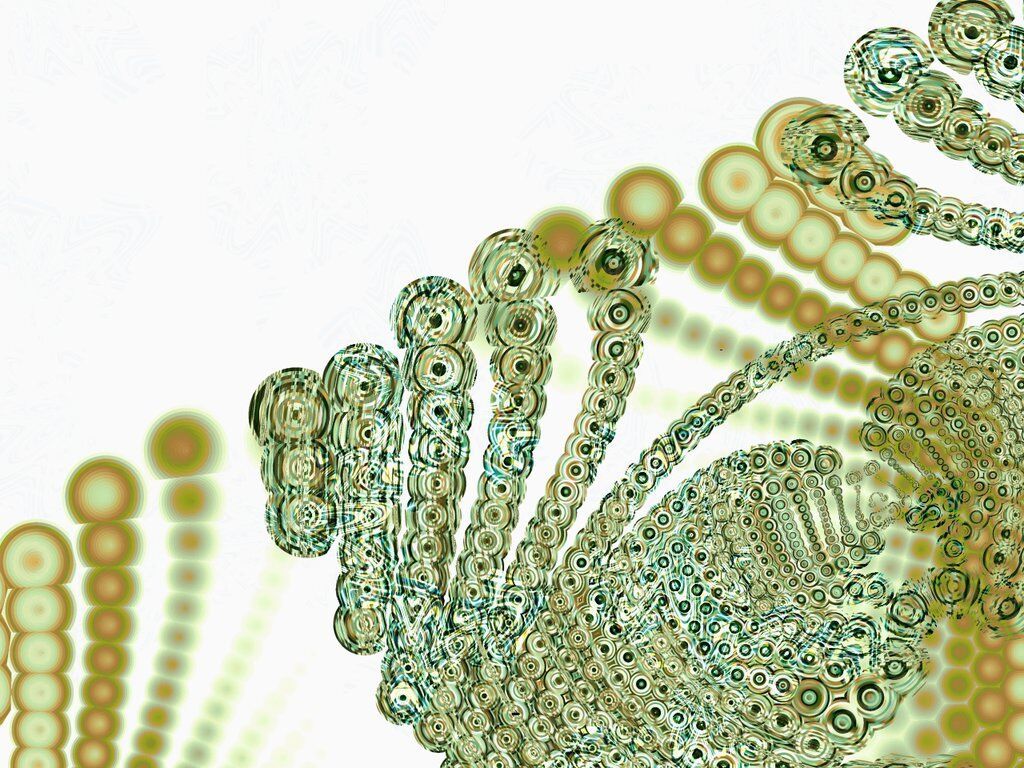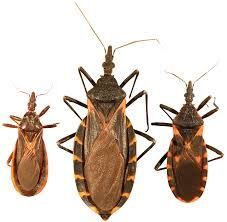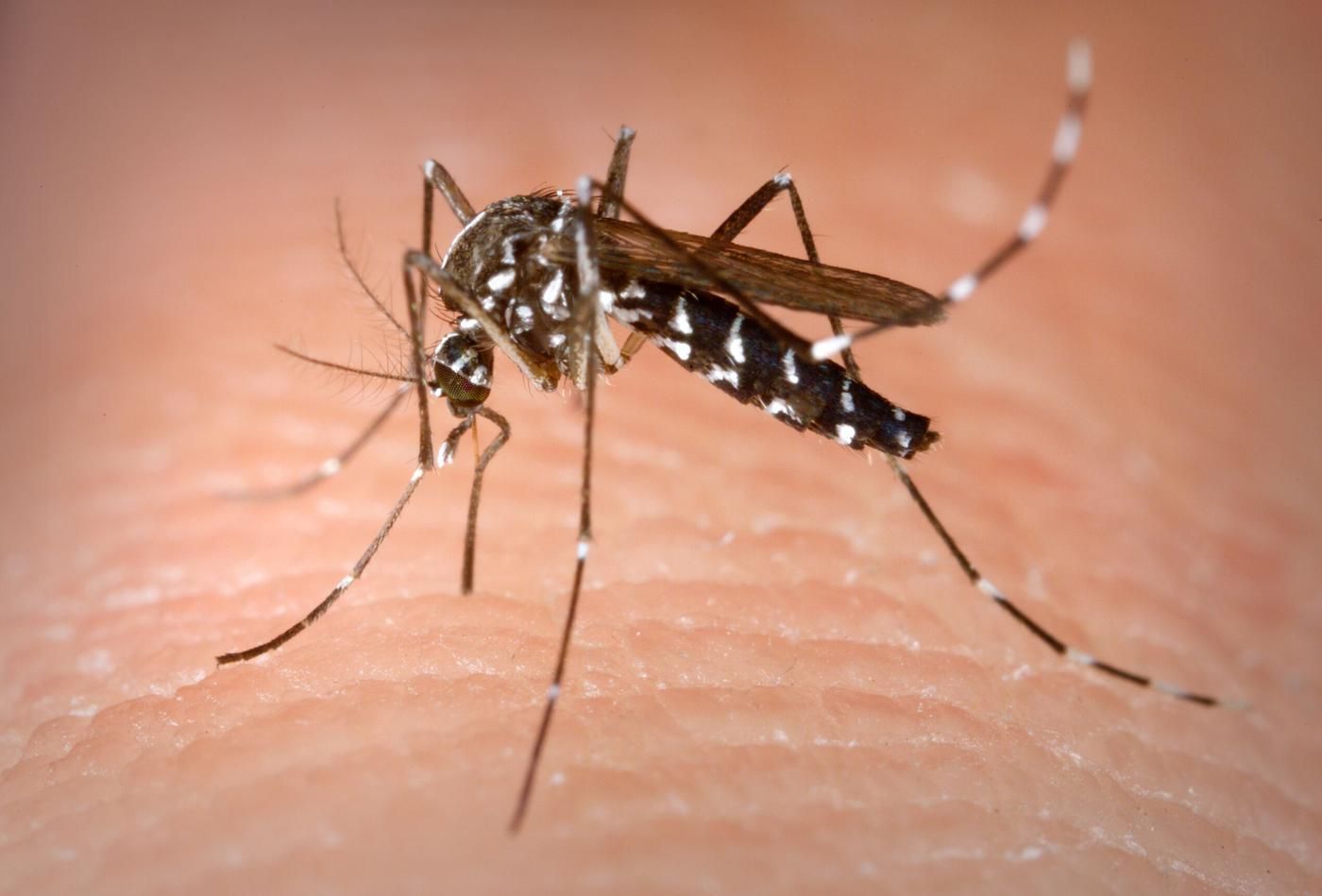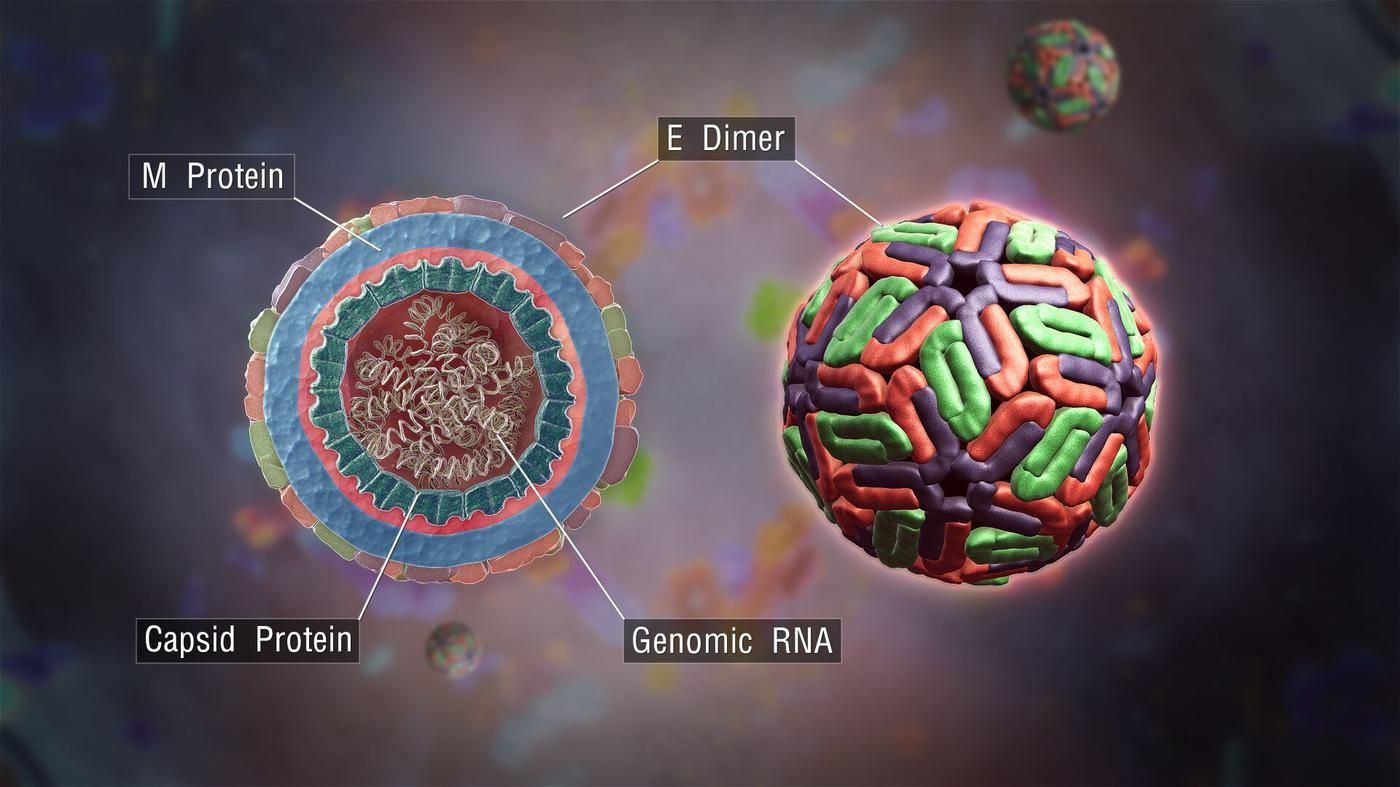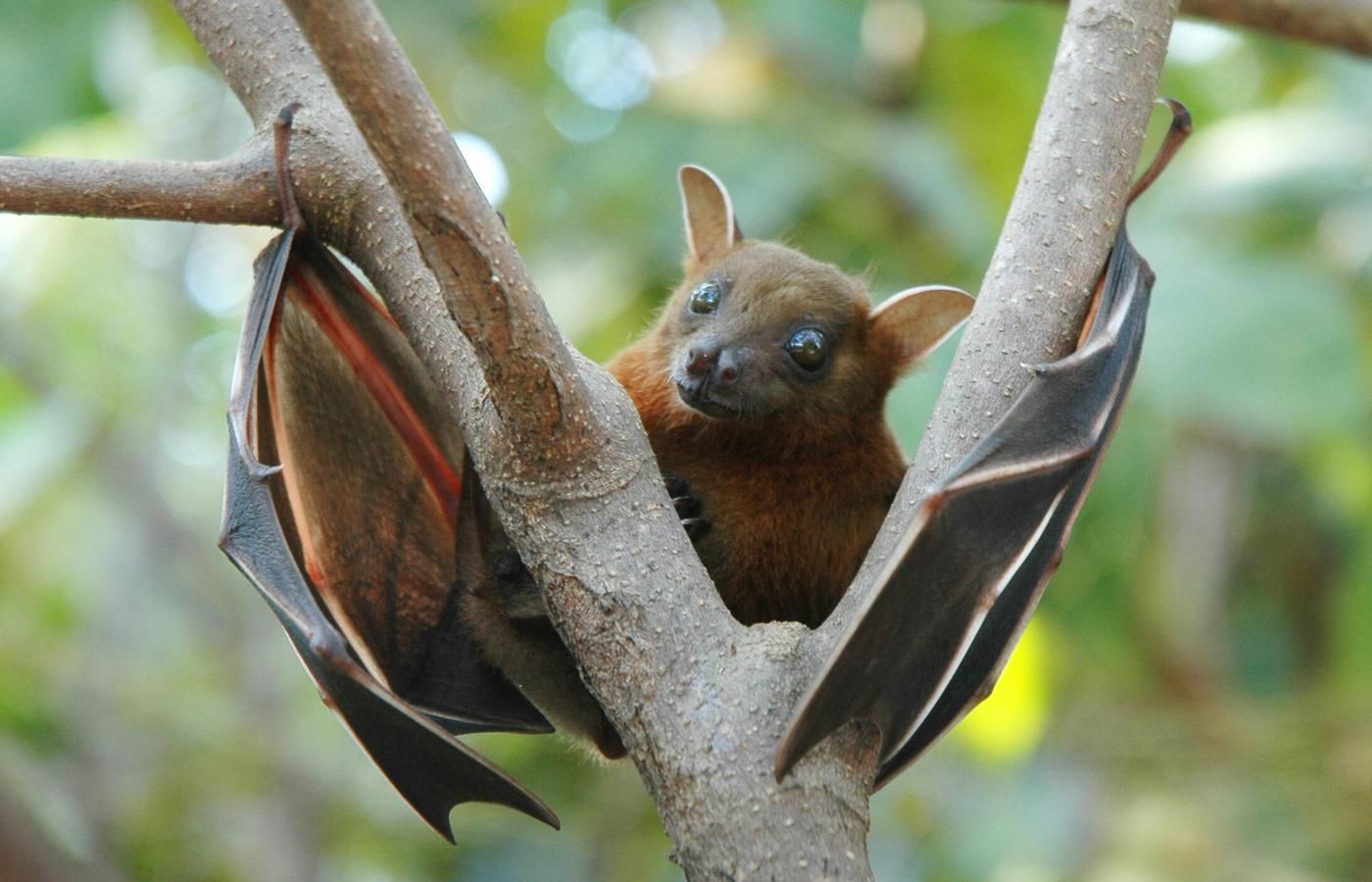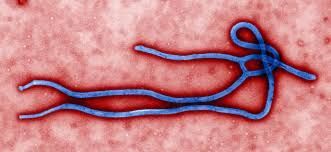Little bug, big breakdown
The term ‘Tropical diseases’ often refers to infectious diseases that do well in hot humid conditions, such as Ebola, Chagas disease and Dengue.
Ebola
The Ebola virus causes an acute, serious illness which is often fatal if untreated. The virus first appeared in 1976 in two simultaneous outbreaks in South Sudan and Democratic Republic of Congo. The latest occurred in a village near the Ebola River, from which it takes its name.
It is thought that fruit bats of the Pteropodidae family are natural Ebola virus hosts. Ebola is introduced into the human population through direct contact with blood, secretions, organs or other body fluids of infected animals such as chimpanzees and fruit bats. Ebola then spreads through human-to-human transmission via direct contact with the blood and other secretions of infected people and contaminated surfaces.
The first symptoms of Ebola are the sudden onset of fever, fatigue, muscle pain, headache and sore throat. This is followed by vomiting, diarrhea, rash, symptoms of impaired kidney and liver function, and in some cases, internal and external bleeding.
As of yet there is no proven treatment available for Ebola. However, potential treatments including blood products, immune therapies and drug therapies are currently being evaluated. Additionally, an experimental Ebola vaccine is proven to be highly protective against the virus.
Chagas disease
Chagas disease, also known as American trypanosomiasis, is a potentially life-threatening illness caused by the protozoan parasite Trypanosoma cruzi. The disease is named after Carlos Ribeiro Justiniano Chagas, a Brazilian researcher who discovered the disease in 1909. Chagas disease is found mainly in endemic areas of 21 Latin American countries, where it is mostly vector-borne transmitted to humans by contact with feces or urine of triatomine bugs, known as ‘kissing bugs’.
Chagas disease presents itself in two phases. The acute phase lasts for about 2 months after infection. A high number of parasites circulate in the blood, but in most cases the symptoms are absent. The first visible signs can be a skin lesion or a purplish swelling of the lids of one eye. Additionally, they can present fever, headache, enlarged lymph glands and difficulty breathing. During the chronic phase, the parasites are hidden mainly in the heart and digestive muscles. Up to 30% of the patients suffer from cardiac disorders. In later years the infection can lead to sudden death due to cardiac arrhythmias or progressive heart failure caused by destruction of the heart muscle.
The treatment is fairly simple, with medicine, and almost 100% effective in curing the disease if given soon after infection at the onset of the acute phase.
Dengue
Dengue is a mosquito-borne viral disease that has rapidly spread over mainly African countries. However, in 2018 cases of Dengue were also reported in Cambodia, India, Malaysia and Thailand. The virus is transmitted by female mosquitos mainly of the species Aedes aegypti. This mosquito also transmits chikungunya, yellow fever and Zika infection. Dengue is a widespread disease throughout the tropics. The risk of spread is influenced by rainfall, temperature and unplanned rapid urbanization.
Dengue fever is a severe, flu-like illness that affects infants, young children and adults. When a high fever is accompanied by 2 of the following symptoms: severe headache, pain behind the eyes, muscle and joint pains, vomiting, nausea, swollen glands or rash; Dengue should be expected. These symptoms often last for 2-7 days. When Dengue is not treated correctly, it can lead to severe Dengue. Severe Dengue is a potentially deadly complication due to plasma leaking, respiratory difficulties, severe bleeding, or organ impairment.
There is no specific treatment for Dengue fever. However, in 2015 the first Dengue vaccine has been brought to the market. This vaccine is recommended to people in living in endemic areas, ranging from 9-45 years.
